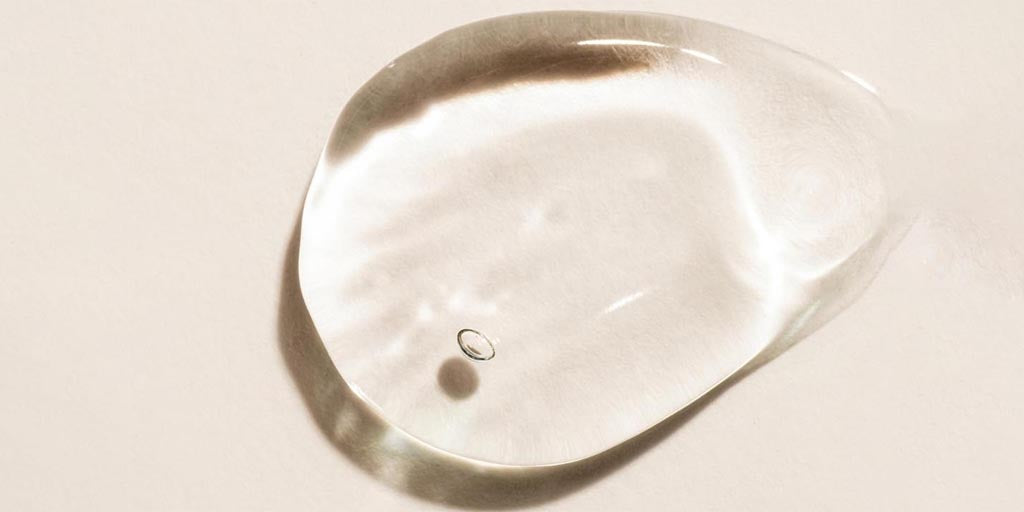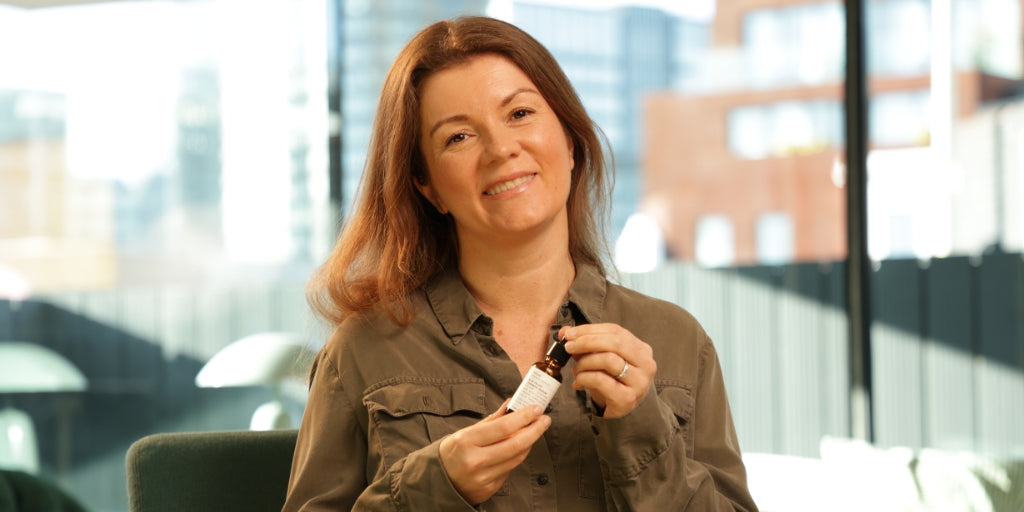It is always important to look after our mental health, but at times it can be more challenging than others. Often we can feel like our lives are rushing by, controlled by our daily routines of balancing work and home life on top of everything else. So when something comes along that we can’t control, and decides to uproot the balance that we’ve so carefully put together it can really affect the way we think and do things.
When you are worried about something or are experiencing feelings of anxiety, stress or other emotions, it can feel hard to gain back control of both your mental health and life in general. Stress can cause an excess of the hormone cortisol in our bodies, and can affect our ability to think clearly and work productively. Other emotions, like anxiety, can release adrenaline which can negatively affect some of our most important bodily functions such as our immune systems and sleep.
These are little ways that can make life feel a little bit more normal, and may help you to regain some control and clear your mind.
Try to get enough sleep
We can spend around a third of our lives sleeping, so it’s obviously important! Sleep is really beneficial to our overall health and our mental health as it helps us to recover from mental and physical exhaustion. If you are struggling to maintain a good sleep routine then you could try working with your circadian rhythm.

You can think of your circadian rhythm as an internal clock that runs 24 hours a day in the background of your brain, it can also be known as your sleep/wake cycle. This is responsible for your energy levels throughout the day, typically you may notice that you ‘dip’ in energy early afternoon when you’re really tempted to have that post-lunch nap. Having dips in energy is completely normal and we all experience it, but if this is playing a large role in your routine then it may be down to your sleeping patterns.
Your circadian rhythm works best when you have a regular sleeping pattern, so if you can, try to wake up and go to sleep at the same time each day. When it is dark at night your eyes send a signal to your brain that it is tired, in turn your brain releases melatonin which makes your body feel tired. This is why your circadian rhythm tends to match with daytime and nighttime.
To help your circadian rhythm try to minimise your exposure to blue light in the evening. Blue light from our phones and other electronic devices tells our bodies to wake up and prevents the release of melatonin, making us feel less tired. Try to stop using your phone at least an hour before you want to sleep and keep any lights low. Our bodies are used to seeing warm lights close to bedtime so why not light a relaxing candle like our Serenity Candle and settle down with a good book before bed instead of scrolling social media?

Stay Connected
When we are experiencing stress we tend to work better in company. At times when that is not possible it’s important that we stay connected. Keep in touch with friends and family over the phone or video call.
You could organise a family quiz night, or perhaps an ultimate night in with your best mates? Gather your favourite snacks and all watch the same film from the comfort of your own sofa, you could even put a yummy face mask on like our Radiant Glow Mask.
Staying connected is important as if you do feel you are struggling or maybe just don’t feel 100% yourself, you can talk to someone you trust. Whether that’s your parents, siblings or best friend. Having someone there to talk to and support you will hopefully make tough times that little bit easier.
Yoga or Meditation
Yoga is a great way to take some time out of your day and refocus your mind. There has been ongoing research to show yoga’s mental health benefits, proving that it could help to decrease stress, may relieve anxiety, and could even help you sleep better.
The reason why yoga can help so much is because it reduces the stress response in our bodies. This includes the activities of our sympathetic nervous system and levels of the stress hormone cortisol. This can then enhance our mind-body awareness and help us to keep control over our feelings and behaviours.
You can find lots of easy yoga routines online that you can do from the comfort of your own home, we’ve even included a simple 15 minute morning yoga routine in our At Home Wellness Toolkit that you can download for free now.

Incorporating yoga into your routine also gives you the perfect opportunity to try practicing meditation. There are lots of different types of meditation so it’s easy to find one that suits you! Why not try gratitude meditation? This is the practice of reflecting on all of the things in our loves that we’re grateful for and experiencing that feeling of gratitude. At times like these it may be challenging to think of things you're grateful for but these can be small things you accomplish every day. Maybe you had a particularly yummy breakfast, or perhaps you enjoyed some time outside with the lovely sunshine.
You could try keeping a gratitude journal, whether you write it down in a notepad or quickly type it into your phone. This could be where you pop down little things you think of throughout the day that you’re grateful for. Practicing daily gratitude meditation and keeping something like a journal is shown to reduce levels of stress and increase levels of happiness, and leave us feeling more positive!
There is a quick 5 minute gratitude meditation exercise you could try in our At Home Wellness Toolkit now.
Further Reading:
- Thanks! How Practicing Gratitude Can Make You Happier by Robert Emmons
- Exploring The Therapeutic Effects of Yoga and its Ability to Increase Quality of Life
-
A Randomised Comparative Trial of Yoga and Relaxation to Reduce Stress and Anxiety
Give back
Giving back not only helps those you may be giving to but it also helps your mental health. There has been research to suggest that giving back and other acts of kindness can improve your mental wellbeing in various ways. It can help you to connect with people, which we talked about earlier in the post, as well as giving you a feeling of purpose and self worth whilst creating positive feelings and a sense of reward.

These acts can be as small as checking on a friend or family member you haven't spoken to in a while or surprising your partner with breakfast in bed one morning. Studies have found that when you engage in a compassionate act for others, the pleasure centers in your brain become active meaning that you are more likely to feel happier.
Further Reading:
Try learning something new
Learning new skills such as a new recipe or taking part in an online course is highly beneficial to our mental health. We put such a huge emphasis on how important learning is for children, we rarely think about how important it is to continue learning into our adult life.
Learning new things and overcoming challenges, even small ones, can increase our self esteem and help us feel better about ourselves. Learning can also help us to cope with stress better. When we are learning something new we tend to be more focused on the activity we are doing, whether that’s cooking or listening to a lecture. When we are in the present moment we are much less likely to think about past experiences and future worries. This has been shown to reduce stress and promote mental wellbeing.
Further Reading:
If you want to learn something new then download our At Home Wellness Toolkit! This is full of brand new things to try, from recipes to a relaxing facial routine, we’re sure you’ll find something to enjoy. Let us know if you try something new!







